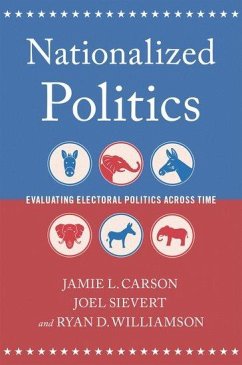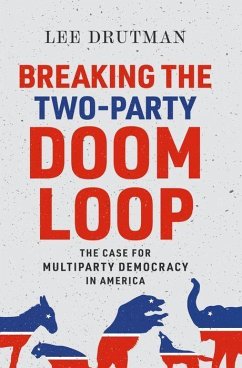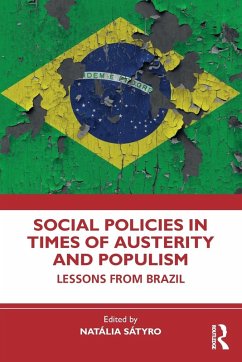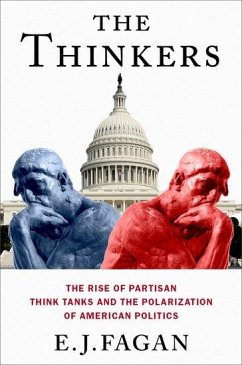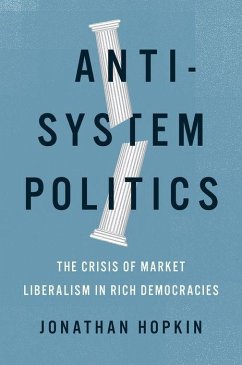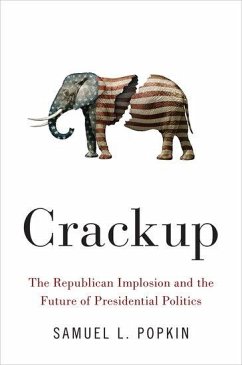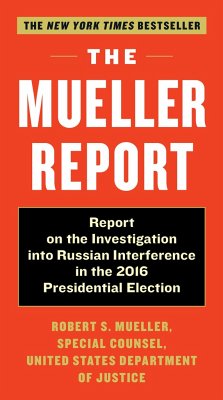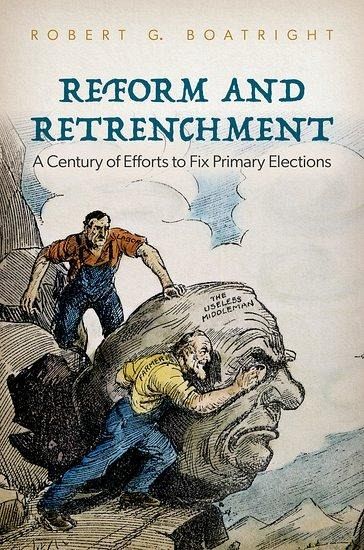
Reform and Retrenchment
A Century of Efforts to Fix Primary Elections
Versandkostenfrei!
Versandfertig in über 4 Wochen
89,99 €
inkl. MwSt.
Weitere Ausgaben:

PAYBACK Punkte
45 °P sammeln!
In Reform and Retrenchment, Robert G. Boatright explores changes in American primary election laws from the 1920s to the 1970s. He shows that political parties, factions, and reform groups manipulated primary election laws in order to gain an advantage over their opponents, often under the guise of enhancing democracy. Boatright looks at how this history can help us understand the reform ideas before us today, ultimately suggesting that, for all of its flaws, there is likely little that can be done to improve primaries, and those who would seek to change American politics are best off explorin...
In Reform and Retrenchment, Robert G. Boatright explores changes in American primary election laws from the 1920s to the 1970s. He shows that political parties, factions, and reform groups manipulated primary election laws in order to gain an advantage over their opponents, often under the guise of enhancing democracy. Boatright looks at how this history can help us understand the reform ideas before us today, ultimately suggesting that, for all of its flaws, there is likely little that can be done to improve primaries, and those who would seek to change American politics are best off exploring reforms to other areas of elections and governance.




